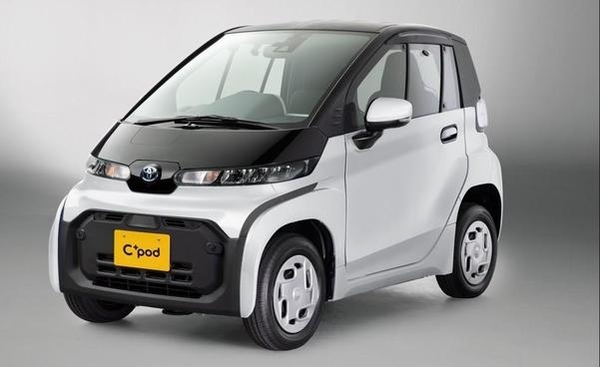Enter 2021.03.10 06:00
“Competition to preoccupy the electric vehicle battery supply chain”
LG Energy Solution Department SK innovation (096770)It has been a month since the US International Trade Commission (ITC) gave LG’s hand in the dispute over the infringement of trade secrets for electric vehicle batteries in Korea, but the two companies are seldom finding an agreement. Japan and China’s rivals are accelerating to preoccupy the battery market by building a battery alliance at the national level this year and aggressively taking overseas orders as the two companies fail to close the settlement gap.
Japanese electric vehicle battery companies, which were pushed by China and South Korea last year, have set up a cooperative system at the industry level to regain leadership.

The Japanese government is also supporting the electric vehicle industry to procure raw materials for batteries without disruption and to stably produce and sell batteries. The Yomiuri Shimbun reported on the 8th that more than 30 Japanese battery-related companies will set up the’Battery Supply Chain Council’ next month. Panasonic and Toyota JV’Prime Planet Energy & Solutions’, Sumitomo Metal Mine, a rare metal supplier, and GS Yuasa, a large battery manufacturing company, will participate in this organization. It is known that they will cooperate with the Japanese government to smelt rare metals and enact recycling rules.
Japan’s response is interpreted as a measure to check fast-growing Chinese battery companies and find the status of’Made in Japan’. The Yomiuri Shimbun said, “China has the largest market share in the global electric vehicle battery market, and has abundant resources for rare metals such as nickel and lithium.” Said.

According to market research firm Bloomberg Nef, China occupies 80% of the world’s lithium and other rare metal refining facilities that are raw materials for batteries. More than 77% of battery cell production capacity and more than 60% of related parts manufacturing facilities are concentrated in China. Bloomberg Nef said, “Japan and Korea have excellent battery production capabilities, but their ability to mine and refining raw materials for batteries is less than that of China.”

lately Hyundai Motor Company (005380)A representative case is the case of choosing CATL as one of the 3rd battery suppliers for E-GMP, a platform dedicated to electric vehicles. According to market researcher SNE Research, CATL’s share in the global electric vehicle battery market excluding China was 0.4% as of 2019, but jumped to 6.5% last year. SNE Research diagnosed, “The influence of CATL, which had been limited to the Chinese market so far, is expanding outside of China.”

Some argue that LG Energy Solution and SK Innovation should hurry to agree to resolve the uncertainty surrounding the dispute and respond quickly to the flow of building a global electric vehicle battery supply chain. LG Energy Solution Department Samsung SDI (006400), SK Innovation and others are also building and expanding battery factories in the US and Europe and speeding up internalization of battery core materials such as cathode materials and cathode materials, but a broader cooperation system is expected to prevent the offensive in China and Japan.
Simon Moores, founder of the UK’s benchmark mineral intelligence, which tracks commodity prices, told a Canadian daily newspaper National Observer, “The era of electric vehicle battery arms race has opened up globally.” It is to be seen whether the country will emerge as a leader,” he stressed that countries should actively invest in related fields.
According to SNE Research, CATL in China ranked first in the electric vehicle battery market last year with a market share of 24%. Next, LG Energy Solutions (23.5% share), Panasonic (18.5%), BYD (6.7%), Samsung SDI (5.8%), and SK Innovation (5.4%) ranked second to sixth.
